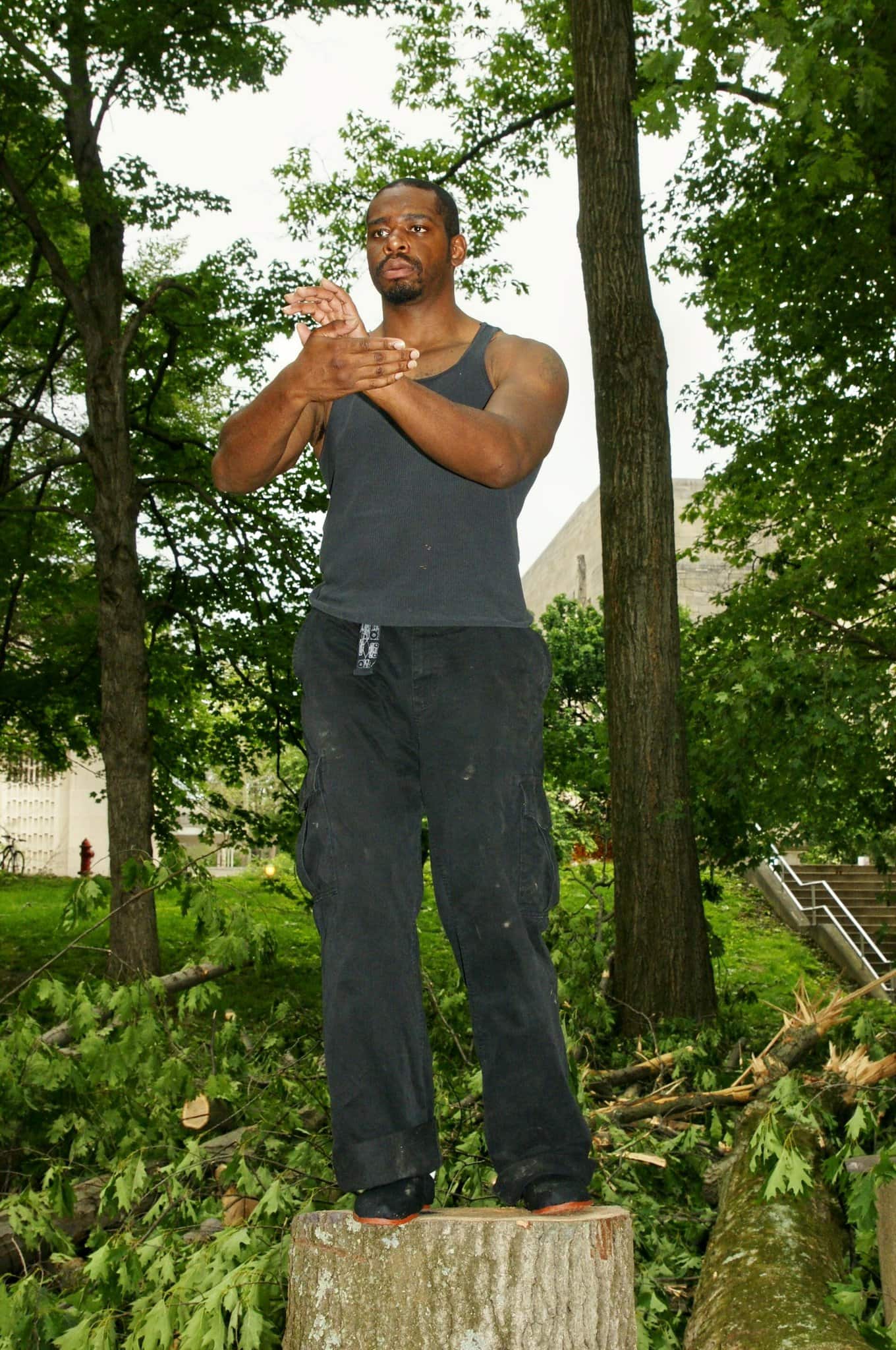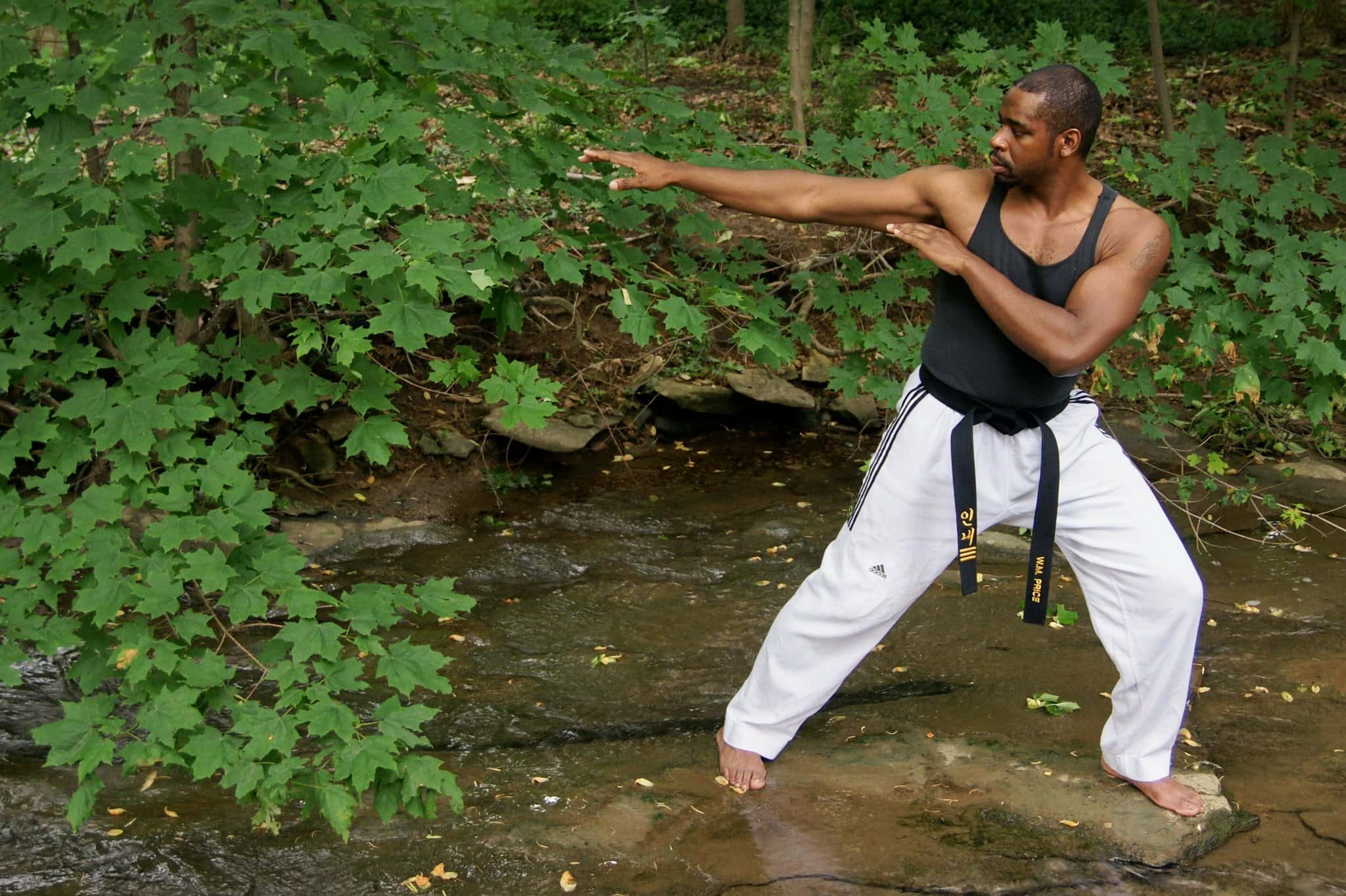Welcome to the VoiceAmerica podcasting best practices series where we share our best tips and tricks to starting, promoting and enhancing your podcast or radio show. Each month we will share a new topic to help you and your show.
1. What’s your podcast or radio show topic and who’s listening?
When starting a podcast, most people have some idea of what their show will be about. However, before you jump in and start recording, you should think about what is unique about your podcast and how it differs from existing podcasts in your genre.
Start by ensuring you have a deep interest and knowledge in your topic. Second, you should ask yourself if you can produce enough content on your topic. Then finally, is your topic too broad. For example, history is a very broad topic to cover and may be hard to capture and keep an audience.
Once you have narrowed down your topic, it’s important to think about your target audience. Ask yourself simple questions, including:
• Is the listener male, female, non-binary, etc.?
• What age demographic is the listener?
• What are their interests?
• What would they want to know about the topic of your show?
As you narrow down your target audience, you can begin to take the answers to your questions and create material for your first episodes.
2. What are your episode subjects and how often are you putting out content?
With a specific topic in mind and a clear audience, you can start to come up with several subjects to talk about at length. Start by brainstorming subjects that you can come up with enough material for.
To help with your brainstorming, consider things that your ideal listener would want to know about your given topic. You can also research using verified sources, including books and blogs, to help you gather as much information as you can.
Finally, think about the frequency you will create content. Podcasting can be time consuming, so we recommend taping multiple episodes all at once, if possible. This will allow you to have multiple episodes to distribute over weeks or months depending on your episode cadence.
3. What is your podcast format and hosting style?
There are a wide variety of shows on the market today with a range of formats. Your format could be educational, storytelling, conversational or interview based. Your show could also have a single or multiple hosts.
Benefits to podcasting with friends or multiple parties
There are a lot of podcasts and shows today that feature a range of personalities and perspectives to allow the audience to connect with you and your show. Each person can bring something unique to the table.
Another benefit could be splitting up the startup costs among a group of friends. Podcasting can get expensive when you’re buying everything at once, so splitting the costs among multiple hosts could be an option.
Once you have chosen to host your show with friends, here are some questions you may want to ask yourself and each other:
• Will there be a main host who leads each episode or will that be shared amongst you all?
• What will you do if one host loses interest? Will you put the show on hold, rotate guest hosts or continue without them?
• How will you split finances including profits if your show starts making money?
• Who will take on what? Think about who can market and promote the episodes, who will edit the episodes, etc.
Benefits to podcasting alone
If you decide to podcast alone, there is a lot of work that you will be doing by yourself, however, you get to control every aspect of what you’re producing. You can produce episodes without waiting on hosts and have complete control of the frequency of content.
This format is a great way to start to dip your toes into the podcasting world. Many hosts have seen incredible engagement with their audience using this format.
4. What equipment will I need for podcasting?
Podcasting can be an expensive hobby or career due to the cost of equipment and software, but it doesn’t have to break the bank. Here is what you will need to start your podcast:
• Microphone
• Headphones
• Editing software
• Podcast hosting account
Those 4 things are going to be critical to your success. The most important being the right microphone. Sound quality is critical to your podcast and if listeners hear background noise or an unclear voice, they won’t continue to listen.
Some extra items to consider when starting your podcast to make your podcast sound more professional are pop filters, a boom/ microphone stand and computer.
5. How to choose a podcast or show name?
The last thing in your podcast or show set up is your name. There are so many podcasts and radio shows on the market today and it can be tough to stand out, but here are our tips for selecting your show name.
First, get clear about what your podcast is about. When you’ve narrowed down your topic, you can start writing down your description and details of your podcast. As you begin to write everything down you can see certain words and themes emerge that may make it easier to come up with a catchy and informative title.
Another tip is including your content in your podcast name. Your name should reflect what your audience will be listening to so that they will know if it’s something they want to listen to or not.
Also, think about what makes your podcast different. What angle are you taking on your podcast? This unique perspective can help you set yourself and your name apart from existing podcasts in the same genre or subject.
Finally, think about your show’s title length. According to a recent study by Pacific Content, half of podcast titles are between 14 and 29 characters with the most popular length being 16 characters.
Starting a podcast can be a lot of work, but it can be really fun and informative when you have everything you need in place. We hope these tips help you on your podcast or radio show journey. For support in starting your own show with VoiceAmerica, please contact us here.





